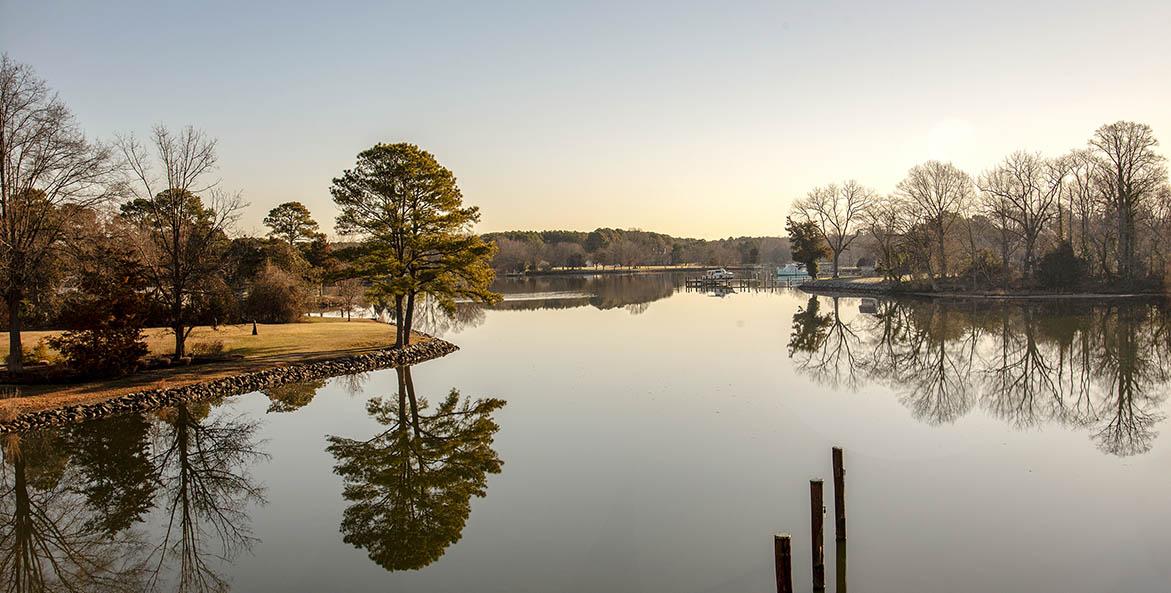The following was first published in The Star Democrat.
The Lakeside at Trappe development is underway, and 109 homes have already been built. Let's not write a "blank check" for the remainder of the project. Talbot County officials should closely monitor the development's growth and ensure sewage discharge and other plans are not harming Talbot's way of life.
The County Council will debate this at its regular meeting on Tuesday, Jan. 9. Anyone in the county who will be affected by the changes caused by Lakeside should email their thoughts to [email protected] before the next council meeting.
In November, council members Lynn Mielke and Pete Lesher introduced a proposal that would require Lakeside's expansion to be consistent with the county comprehensive plan (Amendment No.1 to Resolution 338).
The measure would allow county officials to evaluate plans for additional development when sewage from the project reaches an average of 100,000 gallons per day—an amount generated by approximately 400 homes. The 109 homes already built at Lakeside are served by sewer. What impacts might the additional 2,392 planned homes have?
Periodic review is critical. It's also gained strong support from the community.
The council's own appointed Planning Commission voted unanimously to support Mielke and Lesher's proposal.
"This would be the county's only chance for some kind of review in five to 10 years. I just don't see how we can write a blank check," said Chip Councell, who chairs the commission, at a November meeting.
The Public Works Advisory Board, whose members are also appointed by the council, unanimously supports periodic checks on the development. That would provide the county an essential opportunity to evaluate how schools, roads, emergency services, and other investments paid for by county taxpayers are impacted by the project, the board found.
The Maryland Department of the Environment (MDE), after public outcry, scaled back Lakeside's proposed sewage discharge permit from 540,000 gallons to 100,000 gallons per day. The treated wastewater will be sprayed on local farm fields. Now the discharge can't be increased without a major permit modification and public review.
"After careful consideration of the public comments received, MDE issued a science-based permit that placed further limits on when, where and under what conditions [the discharge] can take place," MDE spokesperson Jay Apperson said.
Mielke and Lesher's proposal would make local review and approval consistent with the state's final sewage discharge permit that's intended to protect the environment from harm.
The County Council's pending decision does not come out of the blue. The Chesapeake Bay Foundation called for periodic checks at multiple public hearings. Thousands of county and Shore residents need assurance from Talbot's leaders that Lakeside will be managed in a way that won't inundate the community's roads, schools, and emergency infrastructure with the influx of new residents and make already bad water quality worse.
Now the Talbot County Council must decide whether to explicitly require periodic reviews or to write a blank check for future development and leave it to chance that Lakeside developers will do the right thing.
This is your best chance to let the council know how you feel. Write them before Jan. 9 and be heard.




